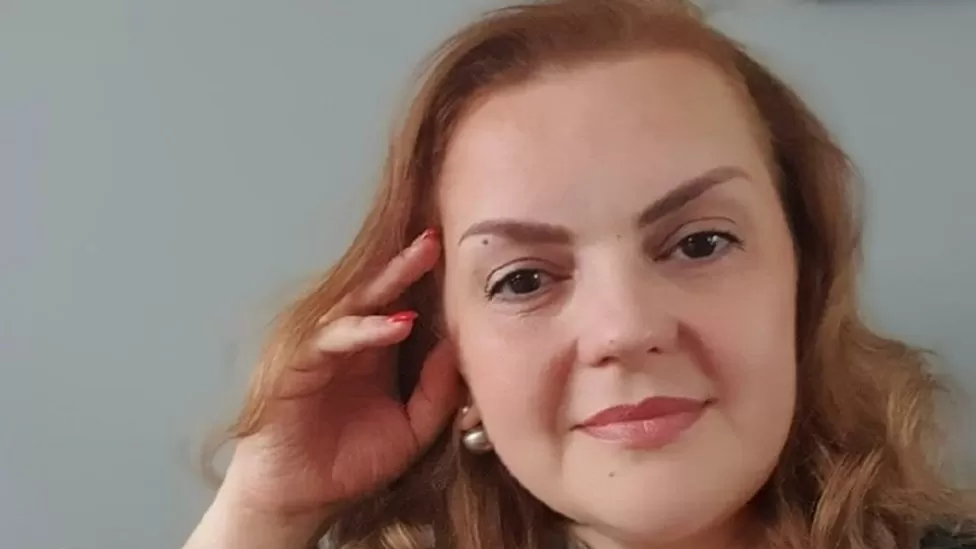Ukraine war: I’ve got no weapon but knowledge Ukraine therapist’s

According to Ukraine’s therapist, I have no weapons except knowledge in the Russia-Ukraine war
“Anger equals energy for action,” says the 45-year-old, and it can help us protect our personal boundaries when expressed in this manner.
When she worked as a therapist in Ukraine during the war with Russia, she treated patients who were grieving, feeling guilty, angry, afraid, isolated, and powerless, but that doesn’t mean she herself was immune.
The group meets every fortnight on Zoom – wi-fi connections permitting – to offer mutual support and receive free clinical supervision from two therapists in London, all mediated by a Ukrainian translator named Max.
Similarly, Svetlana Koval, 47, a therapist herself, says that the prolonged death threat has been the hardest thing to cope with.
In the midst of the war, she was forced to flee her hometown and move to Odesa, leaving behind her elderly mother. The conversation Svetlana has with her mother does not resolve her hopelessness, even though Svetlana has a support network and speaks with her regularly.
Although there is no quick fix, hobbies, therapy, and coping mechanisms help Svetlana cope.
A smile spreads across her face as she says, “I have been ballroom dancing for two years.”. Sadly, there are very few men in the community. Many have been conscripted.
In times of hardship, small joys are not frivolous, say therapists. In the same way as everywhere else, they enjoy yoga, gardening, and tea to look after themselves.
During the war, being joyful has become taboo, because many Ukrainians think they should suffer in solidarity with others.
Larysa, a psychology student in her 20s whose name we have changed, explains that she has ended all relationships with Russians because she is angry and is not ready to continue them.
Since the invasion began, deep anti-Russian feelings have spread and many relationships have been destroyed. Psychologists call this “splitting” or “black-and-white thinking,” and therapists admit they have been affected by it as well.
As if there is a split in the middle between two chairs, I must choose one side in order not to get split apart,” explains Svetlana. It was sad to say goodbye to some Russian colleagues – I cannot work with them because I see fault in their behavior.
There is widespread agreement on this. Another member of the group asks, “How can you work with victims if you justify violence?”
Psychotherapists gently suggest this anger should be directed at President Vladimir Putin and his invading army, not at Russian colleagues.
Some argue, however, that black-and-white thinking evolved to help people survive times of acute danger.
Larysa explains that the amygdala is part of the brain that controls ‘freeze’, ‘run’ and ‘fight’ reactions, as well as signals about life and death situations.
Practicing therapy when your country is at war seems paradoxical.
When therapy aims to dismantle defences so that people can feel things and deal with them, how can you reconcile that with a terrifying and traumatic environment where those same defences are actually necessary to survive?
It is not uncommon for shelling, explosions, and blackouts to disrupt online sessions with vulnerable clients, therapists say. Nevertheless, they remain committed to providing a safe place for clients to work through difficult feelings.
It will take time, and I don’t know how long,” says Svetlana, adding: “I have no weapon but knowledge.”.
